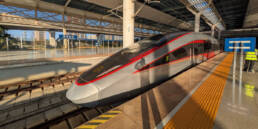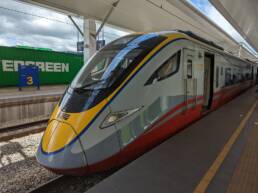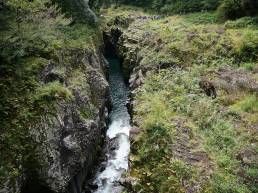For our trip in Kyushu, we would need to travel between Fukuoka, Kumamoto and Oita for the RWC matches. There was a debate on how to get around and that prompted us to do more research.
The Case for Public Transportation
Based on the match schedule as well as our rough itinerary, we would at least need the following trains if we were to get around by public transport: –
Day 1 – Sun 6 Oct 2019 : Fukuoka Airport to Kumamoto (Approx. 5,700 JPY on Shinkansen)
Day 2 – Mon 7 Oct 2019: Kumamoto to Aso (Approx. 1,130 JPY)
Day 4 – Wed 9 Oct 2019: Aso to Oita (Approx. 3,120 JPY)
Day 5 – Thu 10 Oct 2019 : Oita to Fukuoka (Approx. 5,150 JPY)
Total: 15,100 JPY per person
Japan Rail Kyushu offers several different types of rail passes and the 5-day Pass for Northern Kyushu could fit our needs. It costs 11,000 JPY per person, representing at least 25% savings.
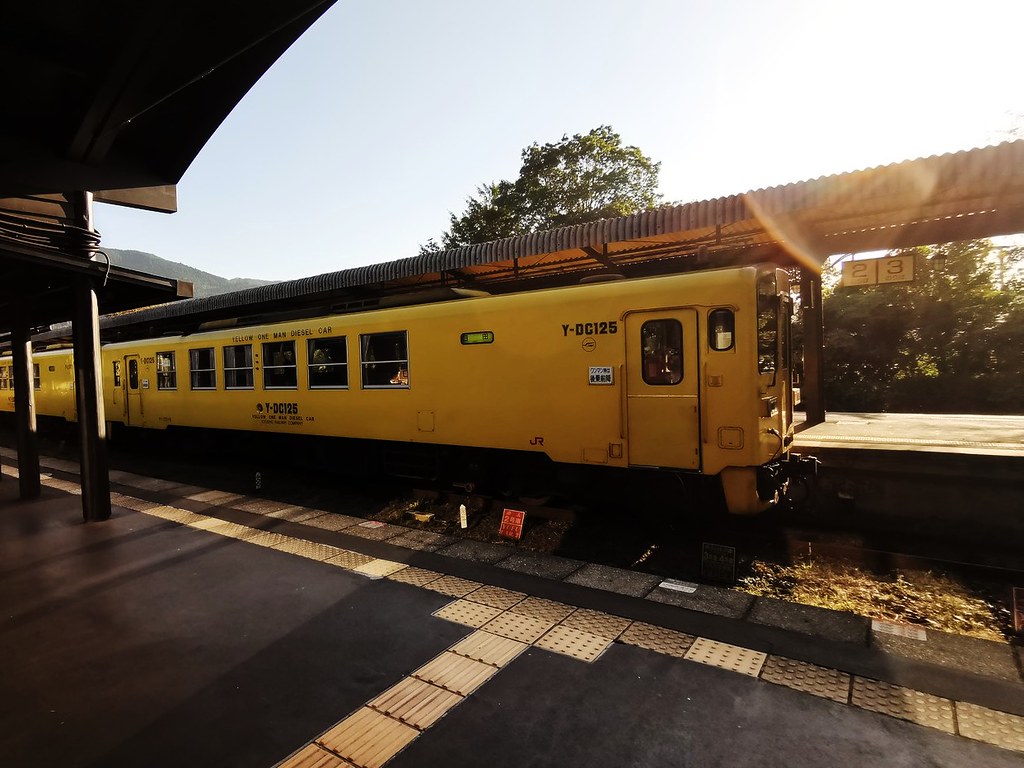
Pros of taking the trains
- Punctual
- Clean carriages
- Cover most major tourist destinations
- Cost is per person
- Don’t need to drive or navigate
Cons of taking the trains
- Inflexible; bound to train schedule
- Subject to seat availability on trains
- Still need to take buses / taxis to get from train stations to hotels and sites
- Need to carry bags around
The Case for Car Rental
Having a rental car would allow us the full flexibility to travel around Kyushu and stay at more remote places. Many hotels in the host cities were already booked out two months ahead and we had to look for options further away.
In the end, my friend J found a good quote of 49,000 JPY for six full days’ of rental of Toyota C-HR from Times Car Rental (with basic auto insurance included).
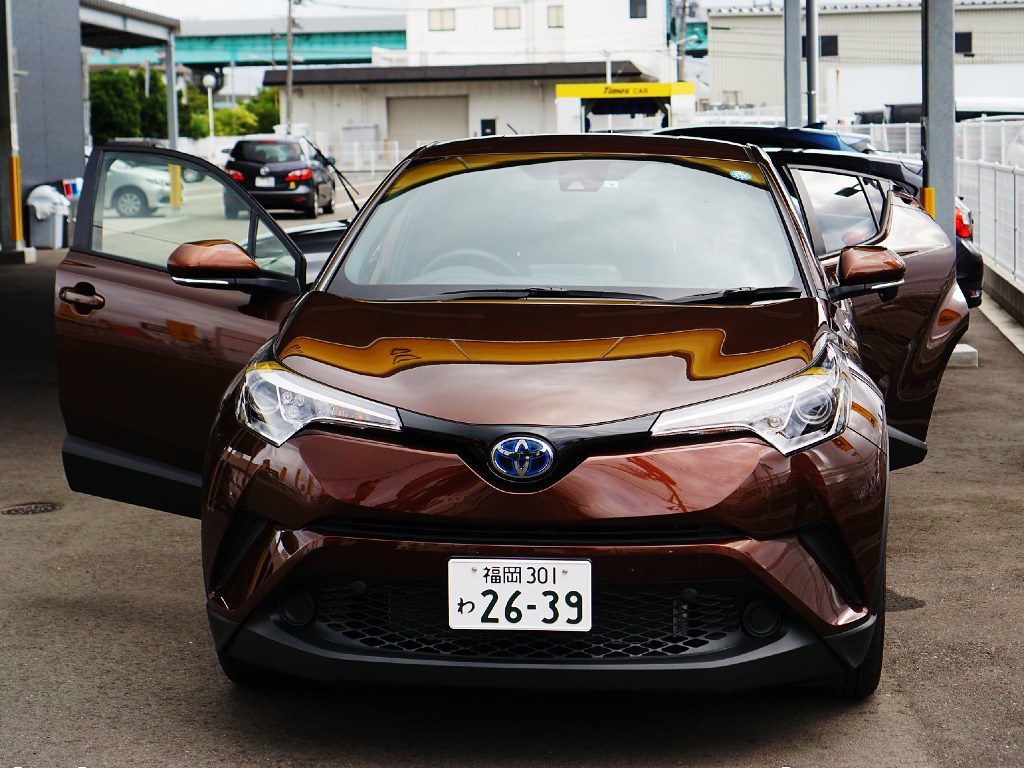
The car rental companies in Japan could provide Electronic Toll Collection (ETC) cards and we could also purchase Kyushu Expressway Pass which allows users to use the expressways at a flat rate. Based on six days of usage, the pass would cost 7,500 JPY.
Pros of car rental
- Full flexibility of time and destinations
- Able to stay in more out-of-way accommodation
- Luggage can be left inside the boot
- Shorter travel time
Cons of car rental
- Need to drive / navigate
- Parking may be difficult in crowded places
- No alcohol for designated driver
- Cost of expressway tolls and petrol do add up
There is an excellent article about public transportation options in Kyushu from MyTravelBuzzg and it’s worth checking her guide for planning.
Decision: Car Rental!
In the end, the duo factors of convenience and flexibility won out and we chose to get a rental car.
Furthermore, J enjoys driving but doesn’t enjoy drinking alcohol, making him the ideal designated driver.
It allowed us to stay at more out-of-way accommodation as well as visiting places and eating at restaurants which we would not have visited without a car.
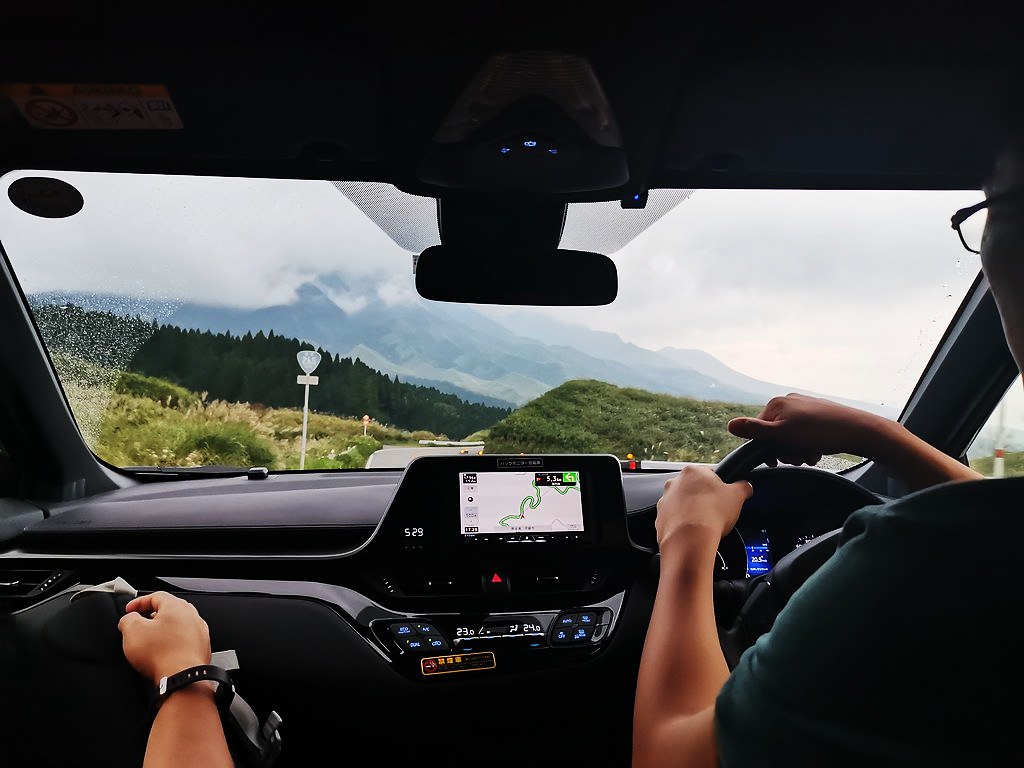
In the end, the four of us spent a total of around 63,000 JPY on the car rental, tolls, parking and petrol.
Cost Breakdown
Car rental: 49,000 JPY
Tolls: 7,500 JPY (based on 6-day Kyushu Expressway Pass; would have cost 10,260 JPY if we didn’t purchase the pass)
Petrol: 5,400 JPY
Parking: 1,100 JPY
Final Thoughts
Without the rental car, our trip experience would be totally different. Not necessarily worse but definitely different as we would need to stick to the more easily accessible accommodation and attraction options. If there were only two of us travelling instead of four, I might opt for the trains.


